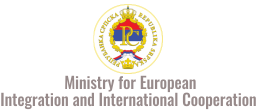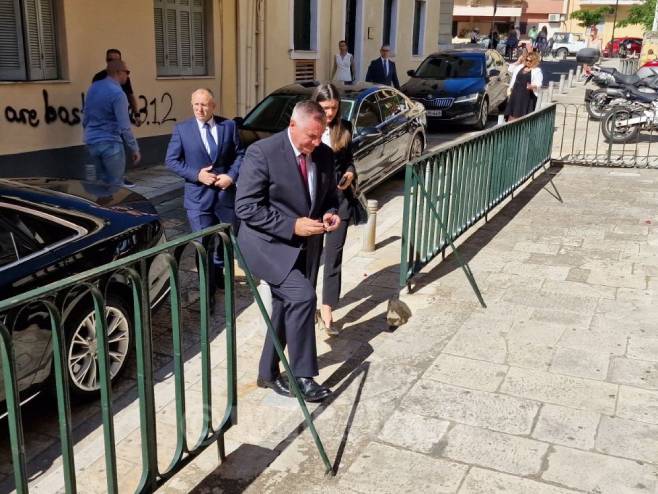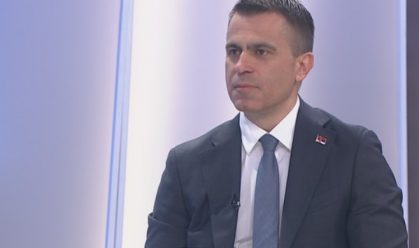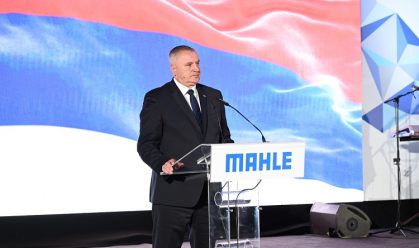The Prime Minister of the Republic of Srpska, Radovan Višković, visited the Serbian House in Corfu today.
Višković visited the museum exhibition Serbs in Corfu 1916-1918.
On that occasion, he pointed out that his visit to the island of Corfu was an opportunity to see what our ancestors had survived and what they had had to go through so that we could enjoy Serbian statehood today.
He recalled that a large number of the Serbian army taking part in the Salonika front breakthrough had come from the territory of the Republic of Srpska. According to him, the island of Vido took the lives of the largest number of young Serbian soldiers who had to fight typhus, exhaustion and hunger, in addition to the war.
– These heroes of ours, regardless of all the misfortunes, had behaved very honorably, so that the perception of the locals changed and soon resulted in our soldiers finally being perceived as brothers. They received all kinds of assistance they needed to regain their strength and finally defeat the occupiers and achieve the great victory in the First World War with the allies – Višković noted.
For all that they had survived and achieved in that period, we, today’s representatives of the institutions in both Srpska and Serbia, owe it to bow down and pay tribute to them.
Photographs, documents and exhibits displayed in the Museum on the island of Corfu, in the eponymous town, testify to that period.
The curator of the Serbian House in Corfu, Ljubomir Saramandić, pointed out that Vido island was the easiest place for Serbian nationals to shed a tear. According to him, it is a place of pain and sorrow, but also a place of pride.
– My deep conviction for these 22 years that I have had the honor to work in this place, is that we all need to interpret this historical moment and not just dwell on emotions. Rather, we must go a step further and create a sense of duty and gratitude which should generate a new energy and strength to overcome obstacles in the future – the curator emphasized.
He added that it was also important to tell everyone why one should come to Corfu, the island where the church calendar Zora (Dawn) was printed in 1917, reading: ‘And you, traveler, when you come to Corfu, travel its length and breadth, visit the cemeteries and graves of the immortals on Corfu, and pay tribute to their shadows, and listen to the whisper that blends with the murmur of the sea waves: Here we completed our long and thorny path to the glory and honor of the fatherland. Tell the whole world, and the one inseparable mother Serbia and our descendants, how dearly paid was the freedom and achieved the unification of Serbhood’.
Višković will lay a wreath at the Serbian soldiers’ memorial on Vido island and attend a reception with officials in the Ionian Parliament.
In the coming days, he will visit Thessaloniki, where he will speak with the mayor, the rector of the Aristotle University, and representatives of the Alumil company.
He will visit the Republic of Srpska Representative Office and lay a wreath at the Zeitenlik Serbian military cemetery.
Source and photo: RTRS





